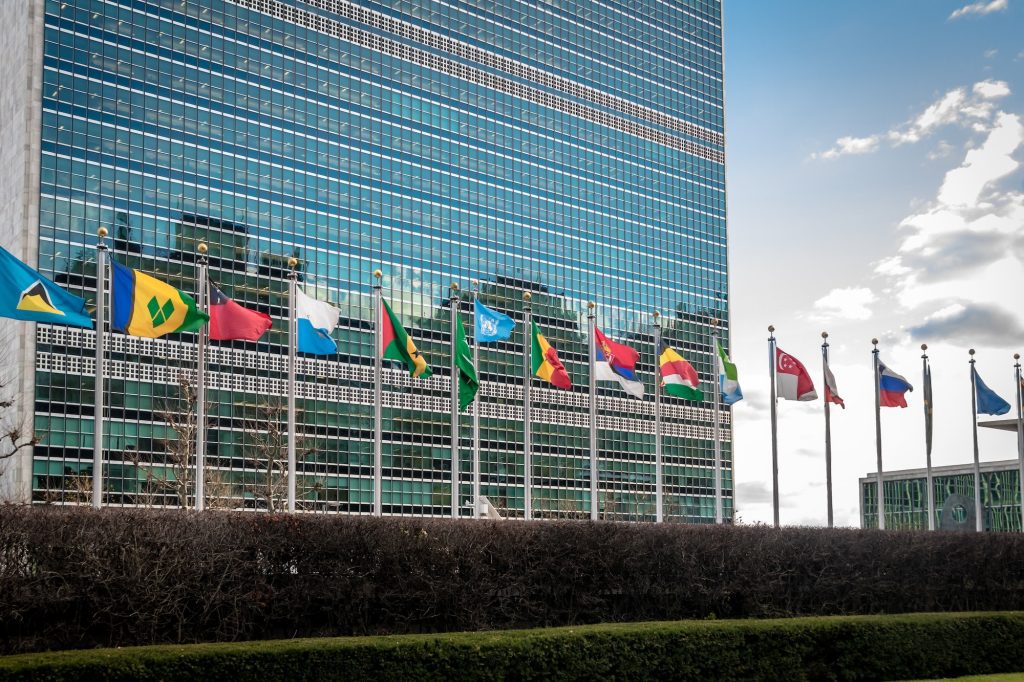Countries clash over cybercrime negotiations at the UN
The committee is mandated with drafting a new cybercrime convention.

The UN Cybercrime Convention negotiation process is seeing a clash between the EU and other Western countries on one side and China, Russia, and other countries on the other. The fifth treaty negotiation session of the ad hoc committee (AHC) on the UN Cybercrime Convention in Vienna was dedicated to the chapter on international cooperation and the Convention’s implementation.
The section of the UN Cybercrime Convention that deals with international cooperation is a contentious issue in ongoing negotiations. It covers various topics, such as extradition, transfer of personal data, mutual legal assistance, cross-border access, and special investigative techniques. The objective is to prosecute cybercrimes that undermine democratic institutions and values, justice, and the rule of law. However, there is a disagreement between the two camps of countries.
In particular, the EU seeks to add references that cooperation must adhere to international law, protect human rights, and respect fundamental freedoms. At the same time, Russia and China want to delete such formulations. Moscow wants the Convention to cover any criminal offence, while the EU prefers serious crimes with sentences of at least four years. The EU also advocates for safeguards on personal data, while China opposes this.
The next (sixth) session is scheduled for 21 August – 1 September 2023. A consolidated document, known as a zero draft, will be drafted by the AHC to present in the summer. It will then go through two final rounds of negotiations later this year and will be presented to the UN General Assembly in January 2024.
